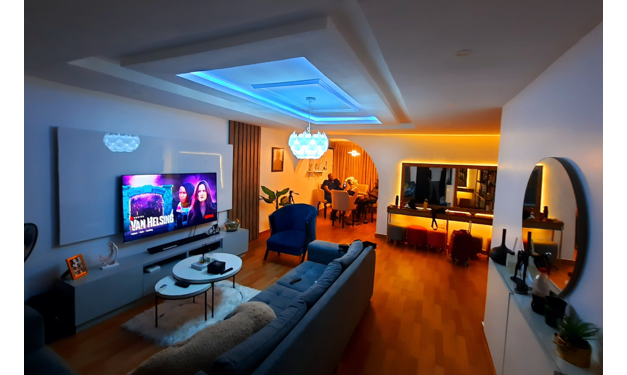Real Estate and Rental Tourism: A Complex Interplay
12-Aug-2024Concentrated short-term rentals can also disrupt the character of neighborhoods, leading to issues such as noise complaints and increased traffic.

The intersection of real estate and tourism has become a dynamic and complex landscape. The rise of platforms like Airbnb and Vrbo has dramatically transformed the way people travel and accommodate themselves, with profound implications for the real estate market.
Property owners can generate substantial income by renting out their properties on a short-term basis, especially in popular tourist destinations.
Additionally, rental tourism offers a flexible investment model and can contribute to property value appreciation.
While rental tourism presents lucrative opportunities, it also brings forth challenges. The conversion of residential properties into short-term rentals can exacerbate housing shortages, driving up rents for locals.
Many cities and communities struggle to regulate short-term rentals to balance the interests of property owners, residents, and tourists.
Concentrated short-term rentals can also disrupt the character of neighborhoods, leading to issues such as noise complaints and increased traffic.
The future of real estate and rental tourism is likely to involve a delicate balancing act. To address housing affordability and social interaction, co-living spaces are gaining popularity.
Technology integration, such as smart home features and virtual tours, is transforming the guest experience. There is also a growing emphasis on sustainable tourism practices, with property owners incorporating eco-friendly features.







